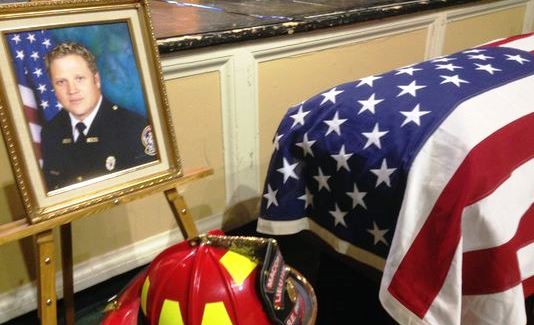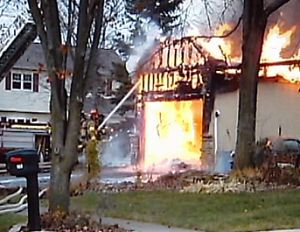Someone should call 911 for Atlanta 911. Audit says it can take more than five minutes to transfer calls to dispatcher.
When you look at the 911 stats reported by an auditor hired by the City of Atlanta you have to wonder if the Atlanta Journal Constitution got this one wrong. There is no indication at this point that's the case. But to take as long as five minutes and thirty seconds for a call taker to send the call to a dispatcher 95 percent of the time is somewhat chilling.
Then again, I am not exactly sure what the "as long as" part means in this case. The article doesn't use the word "average". Are these the unusual ones that take that long? I get the impression that's not the case from reading the article, but I would love to see the actual auditor's report and the language used.
From the AP:
Atlanta's auditor says the time between an Atlanta 911 operator taking an emergency call and relaying that information to dispatchers is more than 10 times the recommended national average.
The Atlanta Journal-Constitution says the report by auditor Leslie Ward says the damage done by the delay is compounded by delays in dispatching fire fighters or paramedics.
Ward said Tuesday that quicker responses reduce property damage and the chance of injury or loss of life.
The national standard is that information should be transferred from a 911 operator to a dispatcher within 30 seconds at least 95 percent of the time. The report says in Atlanta, that first transfer of information takes as long as 337 seconds in 95 percent of cases.
Here's an excerpt from the AJC.com article by Rhonda Cook:
The national standard is also that it should take less than a minute to dispatch emergency medical responders but in Atlanta, that took more than three minutes in 90 percent of the calls last year.
"It could cost both lives and property," Atlanta Fire Rescue Chief Kelvin Cochran said of the delays.
The audit was begun to review Atlanta Fire Rescue staffing, but Ward said the focus shifted to the handling of calls.
She noted that her office was unable to do a complete audit of response time because 90 percent of the calls for a medical emergency are routed through Grady Hospital first before the more serious ones are returned to a fire department dispatcher. That means once the call leaves the city's E911 system, there is no "time recorded," Ward said. "There's a gap."




